The Ho Chi Minh City Department of Home Affairs has just reported to the City People's Committee on the situation of Thu Duc City after nearly 2.5 years of establishment.
Thu Duc City was decided to be established by the National Assembly Standing Committee at the end of 2020 on the basis of merging 3 districts: 2, 9 and Thu Duc.
On January 1, 2021, Resolution 111 of the National Assembly Standing Committee officially took effect. Thu Duc became the first city in Vietnam to be classified as a "city under a centrally-governed city" administrative unit.
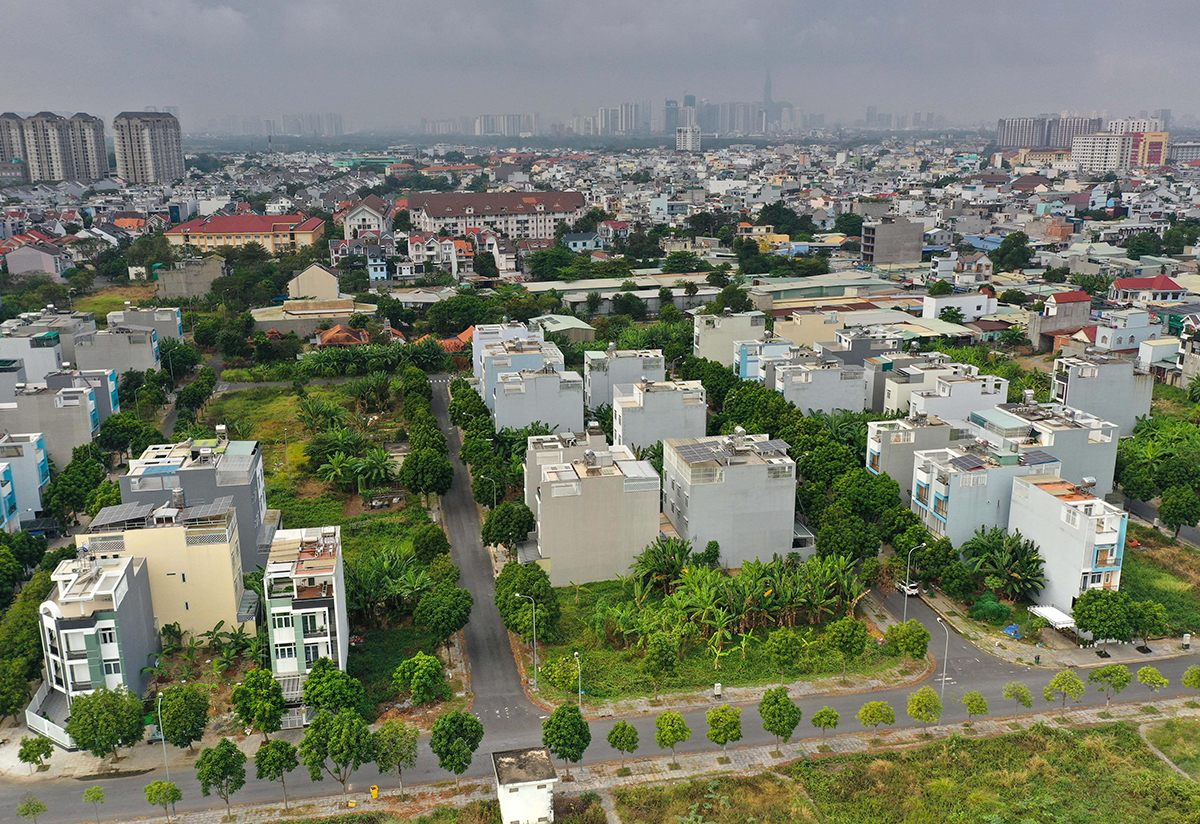
Thu Duc City is expected to contribute 1/3 of the total regional product (GRDP) of Ho Chi Minh City, equivalent to about 7% of the country's gross domestic product (GDP).
According to the Department of Home Affairs, after its establishment, Thu Duc City has stabilized its apparatus, strengthened its grasp of the thoughts and aspirations of cadres, civil servants, public employees and workers after the merger. At the same time, it continues to review, develop and implement contents under the direction of the Thu Duc City Party Committee and the Ho Chi Minh City People's Committee. Thu Duc City maintains regular activities, minimizing impacts on the agency's operations and the daily lives of the people.
However, the Department of Home Affairs recognizes that the practical operation of Thu Duc City under the new model has posed great requirements and challenges in the direction, administration, and state management in areas such as: planning, planning management, land, environment, national defense and security, and solving social issues.
Especially promoting and optimizing the resources, potentials and strengths of Thu Duc City. This requires Thu Duc City to soon be facilitated with a superior operating mechanism from the Central Government and Ho Chi Minh City to ensure effective operation according to the first urban government model of "city within a city" in the country.
On the other hand, the decentralization and authorization of Thu Duc City, although receiving great attention from Ho Chi Minh City leaders, is still slow compared to current task requirements; the arrangement and assignment of cadres, civil servants and public employees (especially leaders and managers) after the merger has encountered many difficulties and obstacles.
Thu Duc City has not been proactive in resources for development as planned and targeted, the revenue sources account for a high proportion that are not under the local authority such as: import and export tax, seaport activities; the rate of regulation for the local budget from industrial and commercial tax revenue accounts for 18%...
Therefore, it is recommended that the National Assembly issue a Resolution to temporarily apply during the period of administrative unit arrangement a number of specific mechanisms and policies under the National Assembly's decision-making authority, such as: specifying the contents related to budget allocation for administrative units to carry out the arrangement; maintaining the number of deputy heads of a number of agencies...
Source



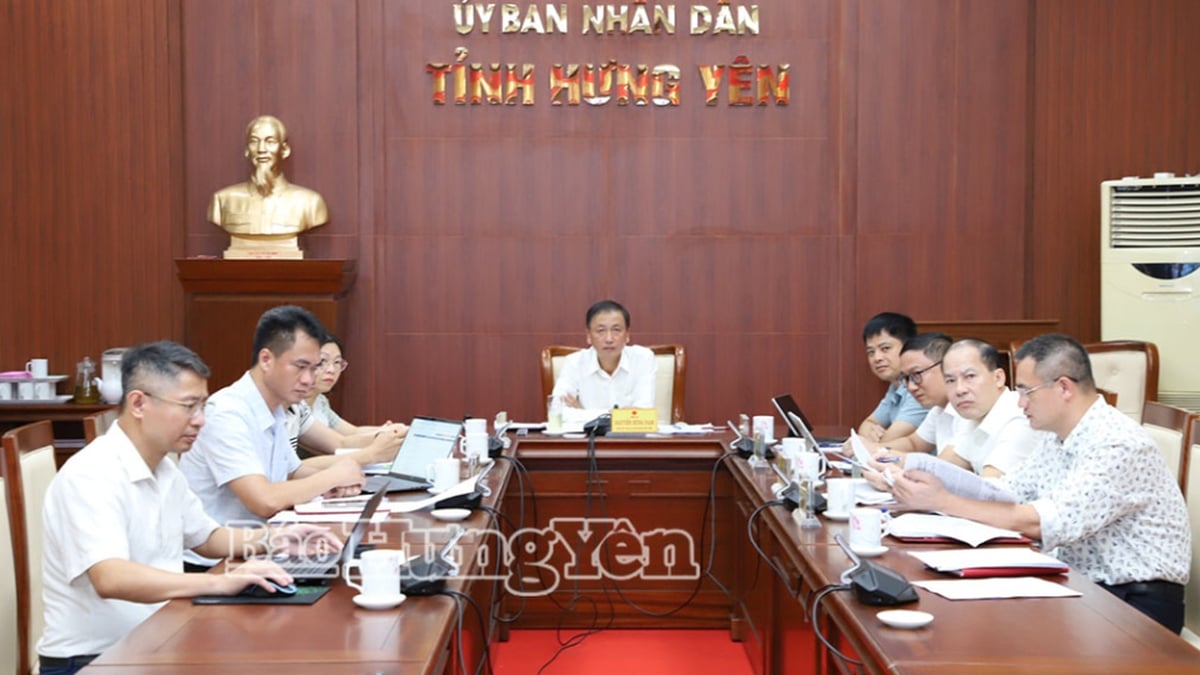
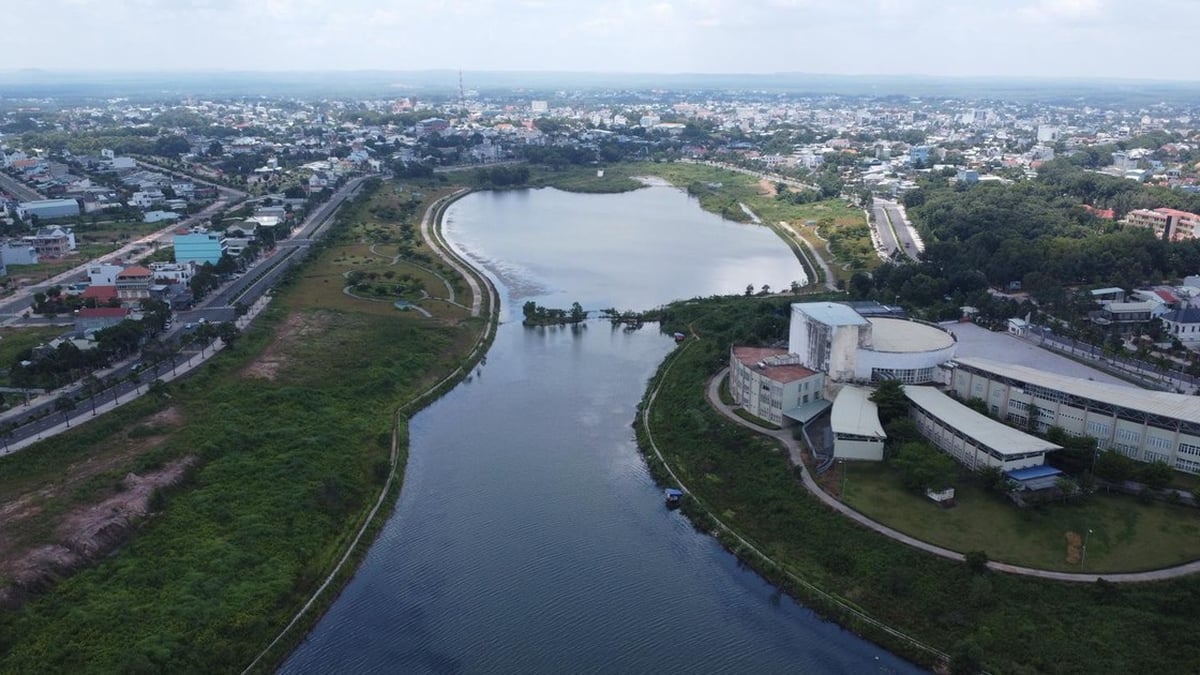
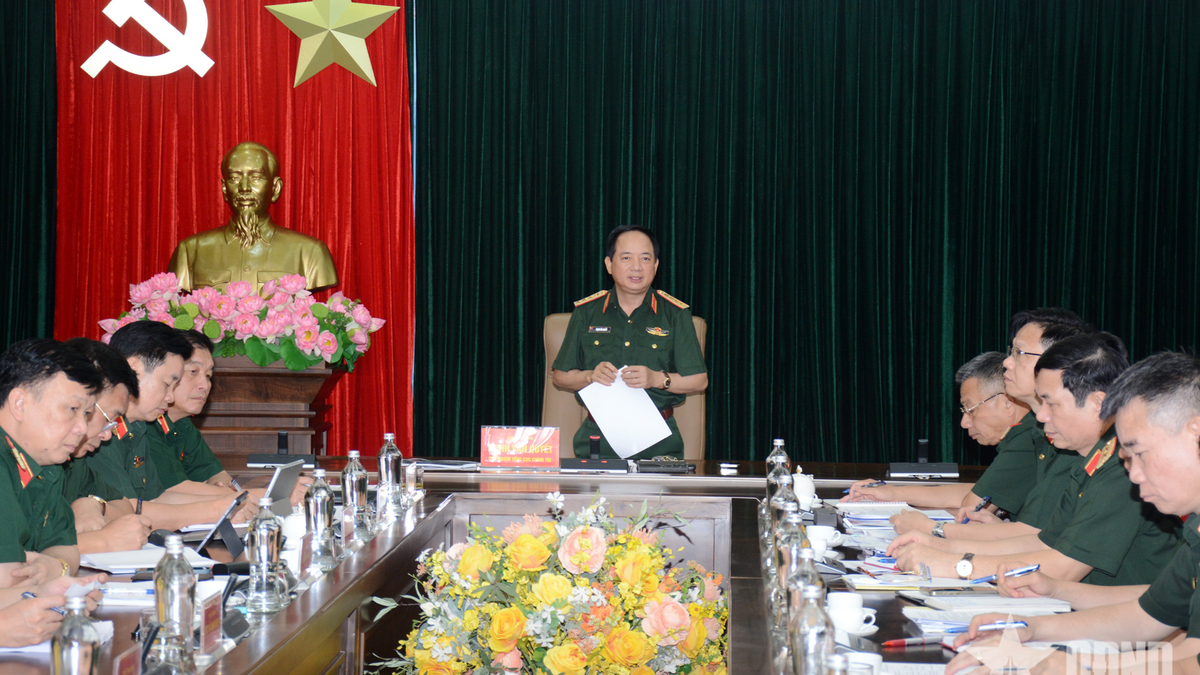


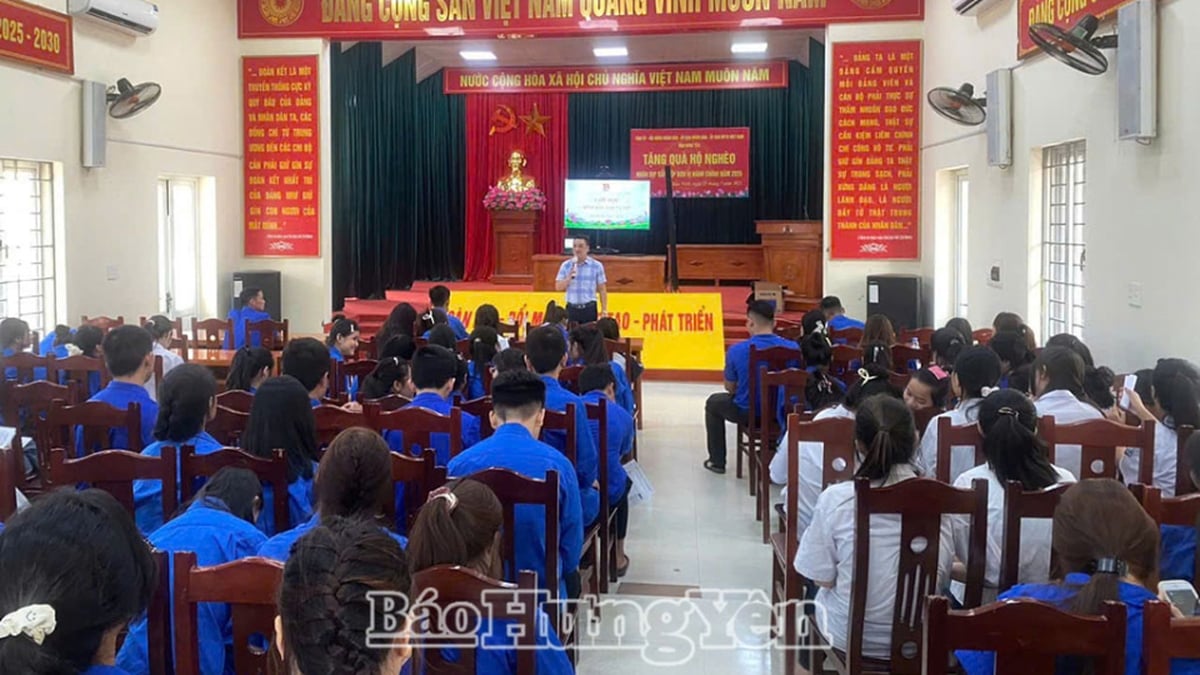

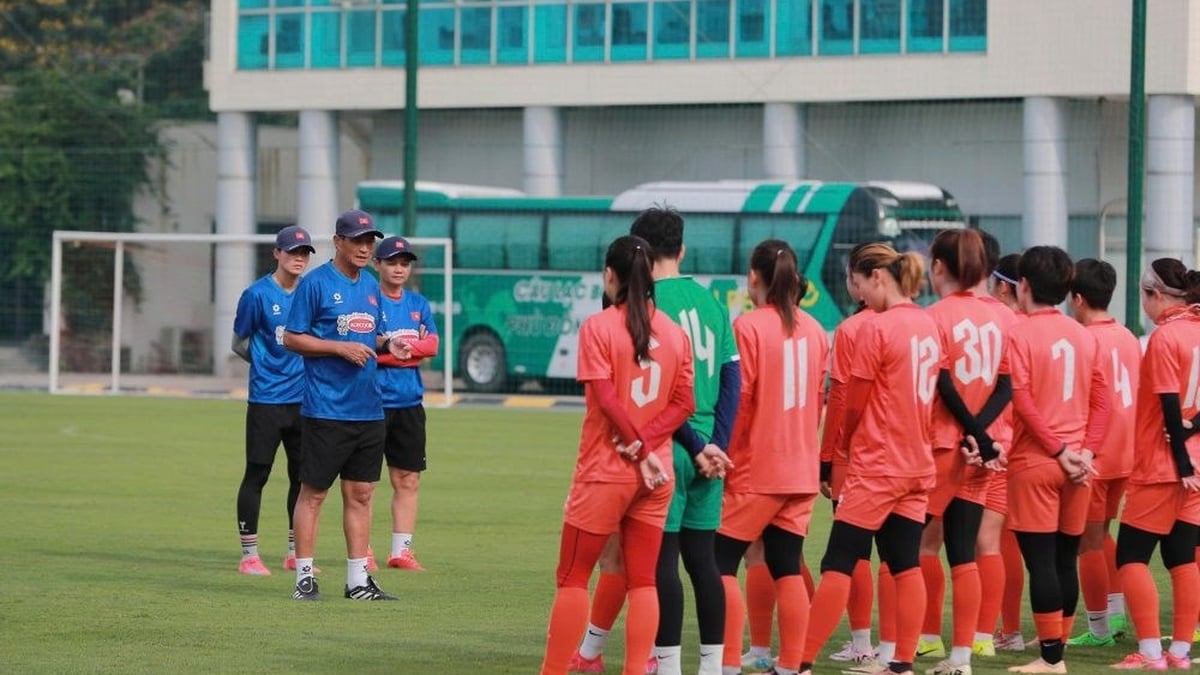
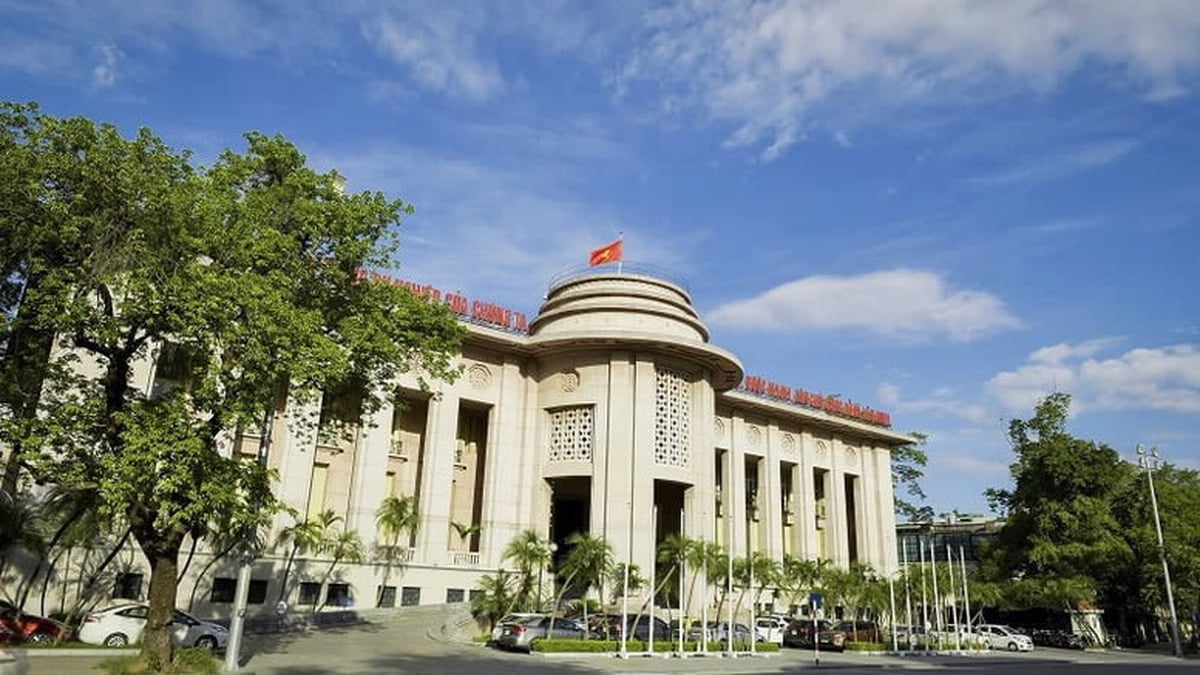



















































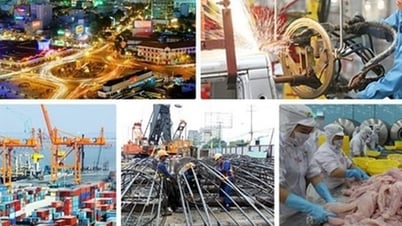


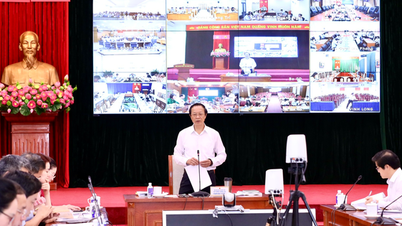


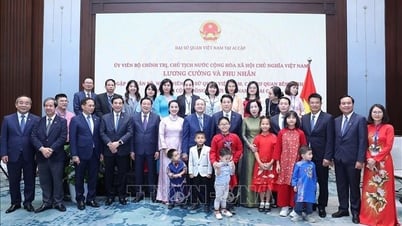

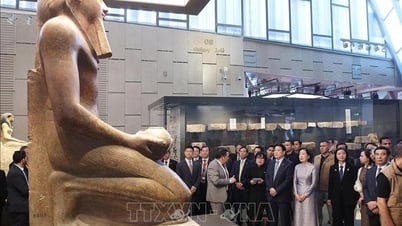

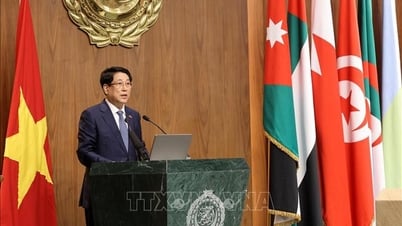
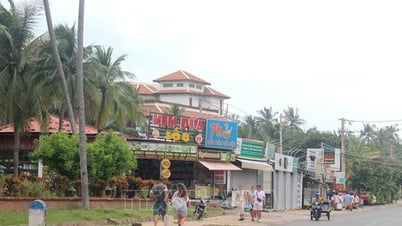

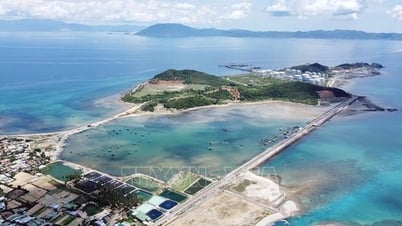






















Comment (0)